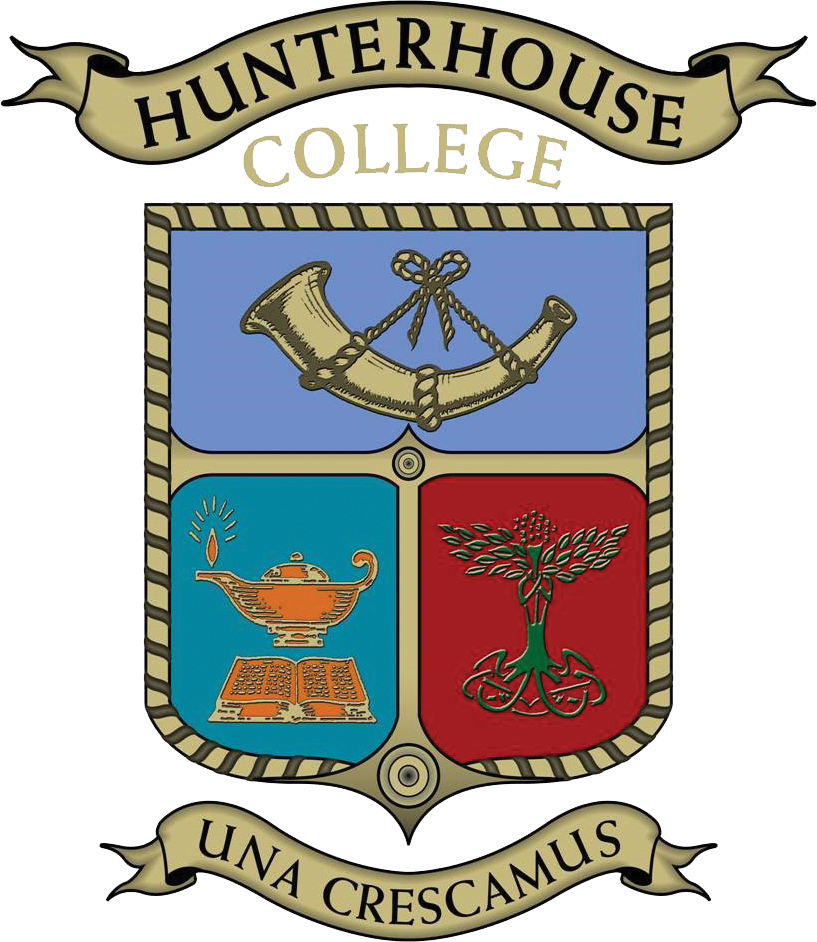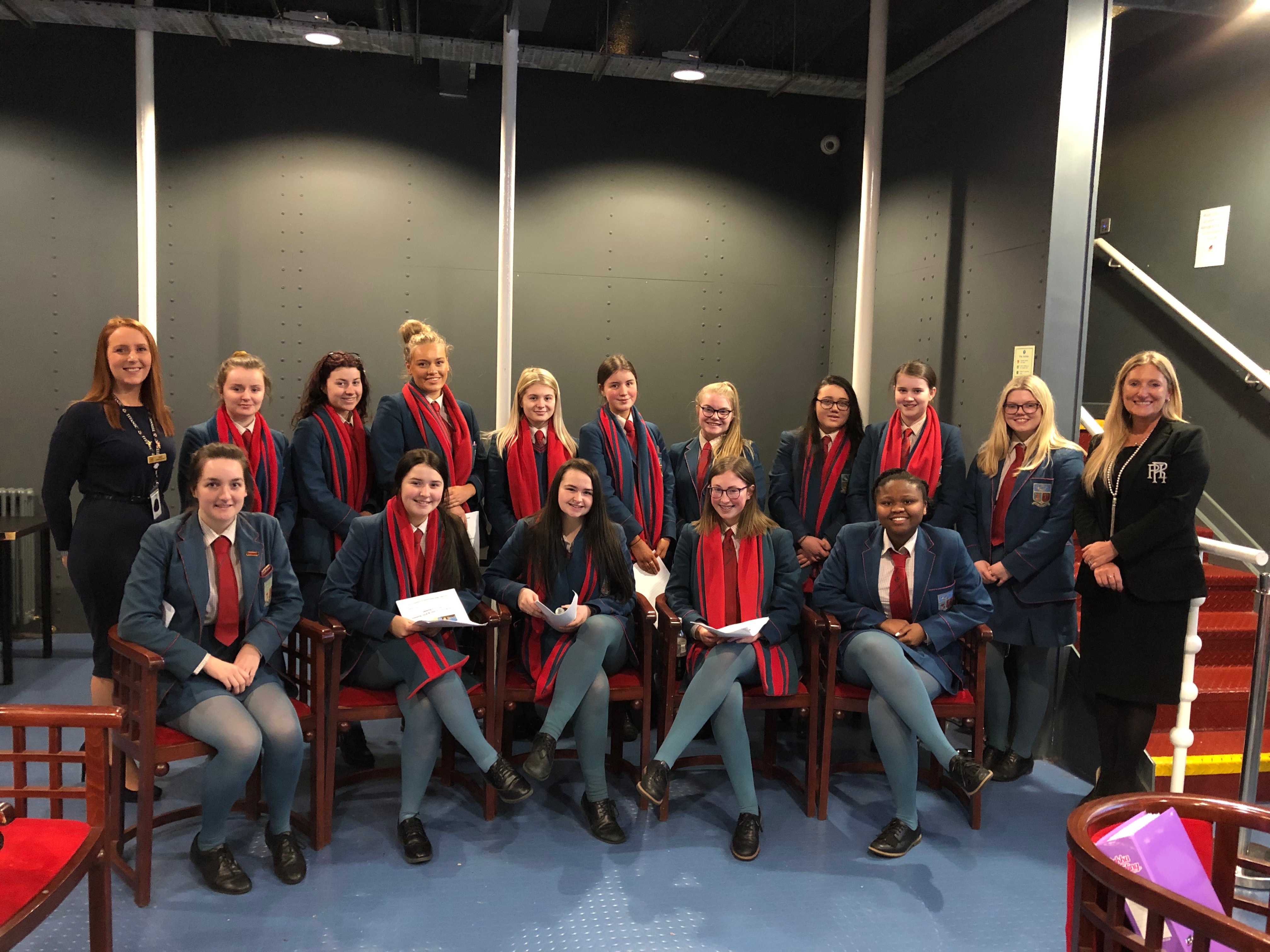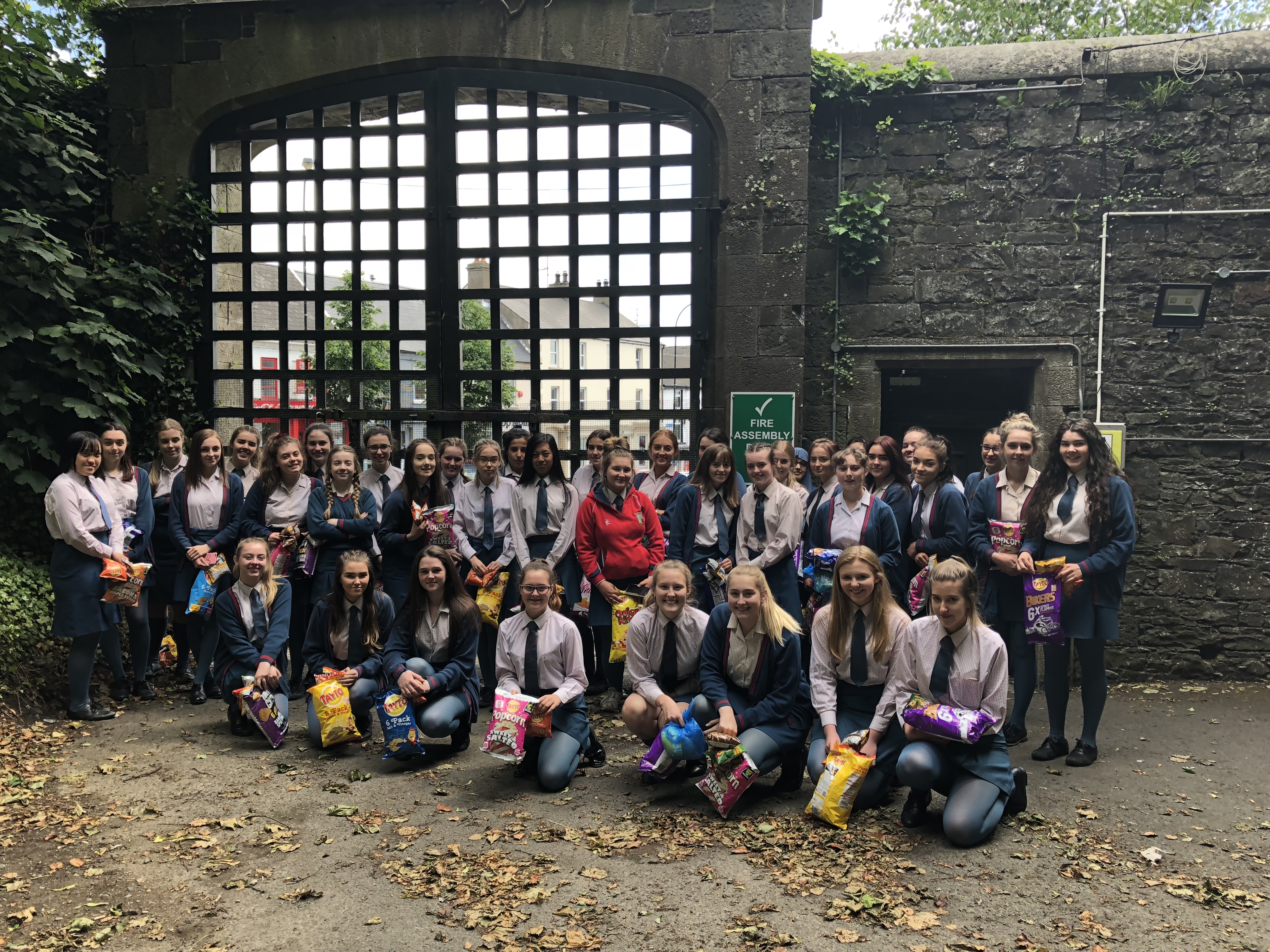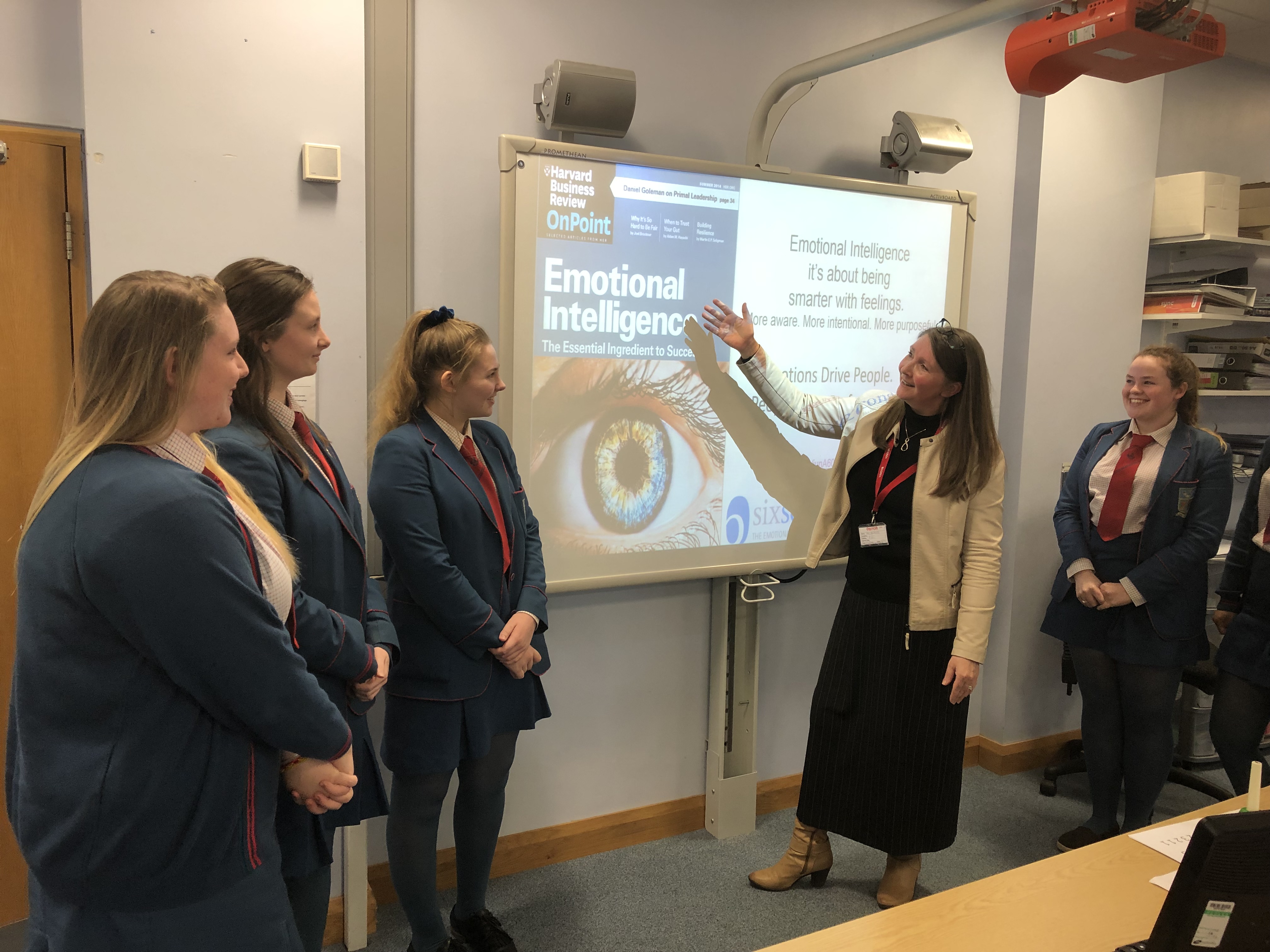Business Studies
Staff
Mrs P McCartan (Head of Department)
Mrs N Shaw (Head of Sixth Form)
Business Studies is around students everyday as they learn about how businesses operate in a dynamic, changing and competitive environment. Students gain a fully rounded view of the business world, of how businesses are created, managed and ultimately become successful.
Skills students develop through the study of business include independent learning and analytical evaluation, which they can apply to the next stage of their studies or indeed if moving into the world of work.
The extracurricular provision in the department provides opportunities for students to enrich their understanding of a subject which is an important part of the environment in which we live and work and is constantly changing.
Business Studies is a very popular subject at KS4 and KS5 with many of our students going on to study it at university. Potential careers include retail, marketing, accountancy, hospitality, logistics and finance.
Some students at A level have not studied Business Studies before but have an interest in the world of business.
What our students say
CCEA A Level Business Studies
‘I chose to study A Level Business Studies because I liked that it was solely exam based and no coursework. Business Studies has opened my eyes to the world we live in as the course relates to so many things going on in the present time. It allowed me to realise how much influence the business sector has. I love studying business studies as it will help me prepare for my future career. Grace
‘I have studied Business Studies for GCSE and A Level. I have thoroughly enjoyed learning about each aspect of business and look forward to continuing this after school. It has prepared me for the world of work through learning about realistic, current scenarios and has improved my confidence and ability to discuss business related situations. Emma
‘I chose Business because I find the subject interesting and I particularly like the more mathematical side to it. I also enjoy it as I find that we are given a good amount of help on how to answer exam questions. It has helped me prepare for the world of work by giving me an understanding of what I would and wouldn’t like to do at Uni and plan for a future career in business’. Rachel
Pearson BTEC Level 3 National Extended Certificate in Business
‘I’ve really enjoyed studying Business BTEC, my class is small so it really allows the teachers to explain the specification in depth. Learning about different forms of financial help will aid me in the future for my own personal life as well as my future career. Studying Business BTEC also encouraged me to consider being an entrepreneur and starting my own business. I really enjoy this subject, the teachers and the work layout. The mixture of coursework and exams really helps break up the course. Lauren
‘I chose BTEC Business for A Level as I enjoyed my GCSE in Business. In my A Level I am able to engage with the world of business through the context of current business developments and real business situations. It develops my knowledge of the working world and has improved my skills, for example decision making and problem solving. There is a great balance between coursework and exam theory in this subject and I would recommend it. Kirsten
‘I chose to do BTEC business as I enjoy doing coursework and I find this part very interesting. It has helped me to get the grade I need. I want to do Childhood Studies when I leave school and BTEC Business has informed me about how leadership and decision making can improve perseverance, which is also useful when working with the young’. Jamie-Lee
A-Level Business Studies
BTEC Business Level 3
Courses at KS4 & KS5
At KS4 students can study CCEA GCSE Business Studies. They can subsequently extend their study in Business at KS5 by following the CCEA A Level Business Studies course or can opt to take the Pearson BTEC Level 3 Extended Certificate in Business qualification.
CCEA GCSE Business Studies
Students are initially given a grounding in starting a business in Year 11 and cover the following in Unit 1: creating a business, marketing and business operations. In Year 12 they gain an understanding of human resources, business growth and finance in Unit 2, Developing a Business.
Unit 3, Planning a Business is synoptic and covers Business Plans and this is assessed as a Controlled Assessment task.
Unit 1 Starting a Business
Assessment for Unit 1: Paper 1, 1 hour 30 mins, with three structured questions and is 40% of overall marks.
Unit 2 Developing a Business
Assessment for Paper 2: 1 hour 30 mins, with three structured questions and is 40% of overall marks.
Unit 3 Planning a Business
Paper 3 Controlled Assessment
Task setting is set by CCEA and the report writing is based on independent research, on specified specification areas, marked internally and moderated by CCEA. This component is worth 20% of the overall mark.
There is one Tier of Entry with the full range of GCSE Grades available.
A Level Business Studies
Students have a choice of studying CCEA A Level Business Studies or Pearson BTEC Level 3 Extended Certificate in Business. There is no requirement to have studied Business Studies at GCSE.
CCEA A Level Business Studies
Year 13
AS Unit 1: Introduction to Business
Topics covered include enterprise and entrepreneurship, central purpose of business activity, forms of business ownership, stakeholder groups, markets and market forces, quality management, approaches to and measures of quality, productivity and investment, organisational design, investing in people, motivation, principles of management and leadership.
AS Unit 2: Growing the Business
Topics covered include spectrum of competition, degree of competition in the market, market research, marketing mix, elasticity of demand, product life cycle, market planning and strategy, e-Business/e-commerce, sources of finance, break-even analysis, cash flow, cash flow forecast, budgeting, financial statements, final accounts.
Assessment is 100% examination based through structured questions in response to case studies. (Two papers, 40% of A Level – 1 hour 30 mins, 80 marks each).
Year 14
A2 Unit 1: Strategic Decision Making
Business objectives, organisational culture, stakeholder objectives, communication, economies and diseconomies of scale, business strategy and planning, decision tree analysis, risk and uncertainty, company accounts, ratio analysis, investment appraisal.
A2 Unit 2: The Competitive Business Environment
Macroeconomic framework, Government policies, globalisation, business ethics and organisational culture, sustainability, corporate social responsibility, influence of stakeholder groups, organisational design, monopolies, mergers and restrictive practices, change.
Assessment is 100% examination based through structured questions in response to case studies. (Two papers, 60% of A Level – 2 hours, 90 marks each)
Pearson BTEC Level 3 National Extended Certificate in Business
The course is designed to allow students to gain an appreciation of the dynamic business environment through applied learning.
The following units of work are covered in Year 13:
Unit 1: Exploring Business
Features of different businesses and what makes them successful, how businesses are organised, the environment in which businesses operate, business markets, the role and contribution of innovation and enterprise to business.
Assessment
Internally assessed and worth 25% of BTEC Level 3.
This unit is assessed through a report and a presentation.
Unit 2: Developing a Marketing Campaign
Introduction to the principles and purposes of a marketing that underpin the creation of a rationale for a marketing campaign, developing the rationale for a marketing campaign, planning and developing a marketing campaign.
Assessment
Externally assessed by Pearson & synoptic, worth 25% of BTEC Level 3
This unit is assessed through a three-hour examination, worth 70 marks. A context is given to pupils to carry out research and they complete a set task under supervised conditions, using a computer.
Year 14, A2
Unit 3: Personal and Business Finance
The importance of managing personal finance, the personal finance sector, the purpose of accounting, different sources of business finance, break-even and cash flow forecasts, statements of comprehensive income and financial position and a business’s performance.
Assessment
Externally assessed, 33.3% of BTEC Level 3
It is examined through two sections – Personal Finance and Business Finance, with short answer questions and data response stimuli, a two hour examination, 100 marks.
Unit 4: Recruitment & Selection Process
How effective recruitment and selection contribute to business success, undertake a recruitment activity to demonstrate the process leading to a successful job offer, reflect on the recruitment and selection process and individual performance.
Internally assessed, 16.7% of BTEC Level 3
This unit is assessed through a Report. Students have the opportunity to participate in selection interviews and review their performance.
Depending on students’ progress throughout the course, they can gain a grade ranging from a Pass to a Distinction*.









